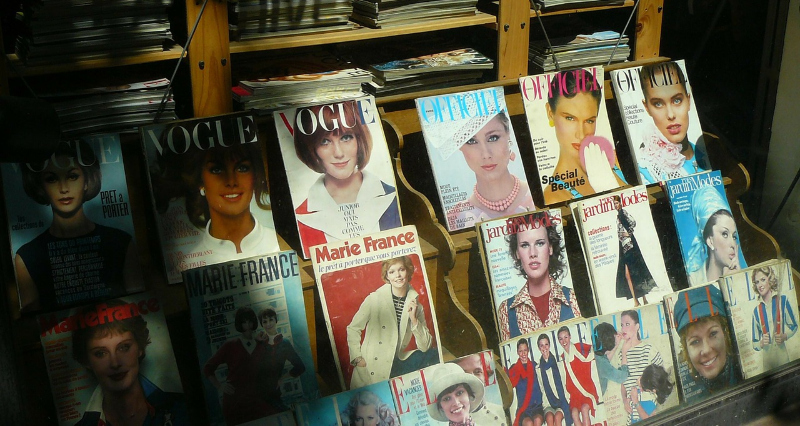
This Week’s Insights: When art falls into the commodity trap… Diverseity in movies leads to bigger audiences… The nine-year-old who became celebrated for her theatre manners… Facebook’s difficulties with deciding who gets seen… Conde Nast’s faltering glossy magazine model.
- When Art Is A Commodity: It becomes more about getting an audience than making the art. And when we understand the algorithms that “scale” audience, we squeeze out the extraneous and narrow the ideas. “The current streaming culture we find ourselves in marks music and wide open spaces of exploration into nothing more than a commodity, and because of this, we’re increasingly driven away from music’s way of connecting us all, that deep resonating force that helps us experience and process the weird.”
- A Study Reports That More Diverse Movies Attract Bigger Audiences: In its latest data drop, analytics firm Movio has discovered “a correlation between a minority group’s representation on screen and that group’s audience turnout, with some groups attending in numbers at more than twice the usual rate.” The report also shows that consumers less inclined to head to the movies will turn up to the multiplex if they see themselves projected on screen. In short, diversity is just good business.
- Why A Nine-Year-Old Became A Theatre Manners Sensation: In June, just before leaving for sleepaway camp, she put Magic Marker to paper and laid out what she calls her Broadway Rules, and the manifesto made the rounds. Her ten do’s and don’ts include some items that seem obvious (“Stay in seat until intermission,” “Listen to the Ushers”) as well as a few that rarely make it into etiquette primers (“NEVER sing along,” “No ‘gas passing.’ ”). Since then, her guidance rules have caught the imaginations of theatre fans who are celebrating the common sense rules. Lesson? Fans like it when someone debates or sets down markers for how to enjoy or elevate the experience they care about.
- Facebook – Free Speech? Amplification? The social media behemoth is under a lot of fire recently for helping to spread rumors and lies. Some cast the problem as a matter of free speech. But is it? “The problem is that Facebook doesn’t offer free speech; it offers free amplification. No one would much care about anything you posted to Facebook, no matter how false or hateful, if people had to navigate to your particular page to read your rantings, as in the very early days of the site.” Where Facebook gets into trouble is its algorithm that promotes some kinds of content over others. Facebook has become very good at observing behavior and blowing it up big. Problem is, that behavior isn’t always positive.
- How Conde Nast (The Man) Invented The Glossy Magazine: It was a brilliant business model. “The equation of upscale readers and upscale brands with profit, projecting an aspirational image of the ideal consumer through both editorial and ads so that vulnerable readers would chase it, made Nast’s fortune many times over. His company established the template of the editor as a heroic, godlike figure. Now that brilliant model has become a liability as the internet has upended the advertiser revenue model.
Image by cocoparisienne from Pixabay
Leave a Reply